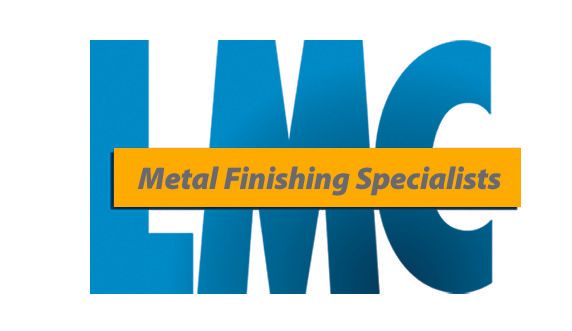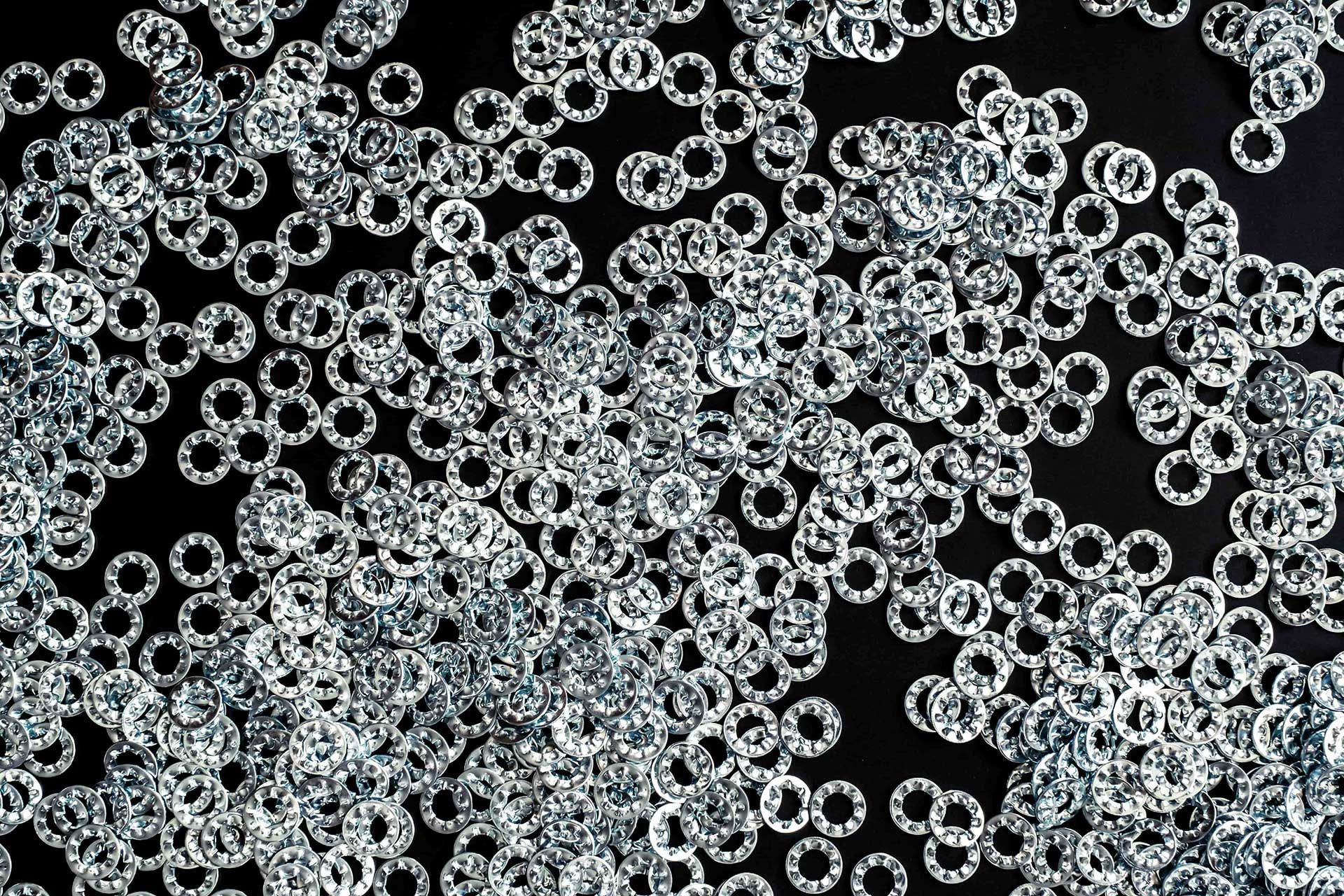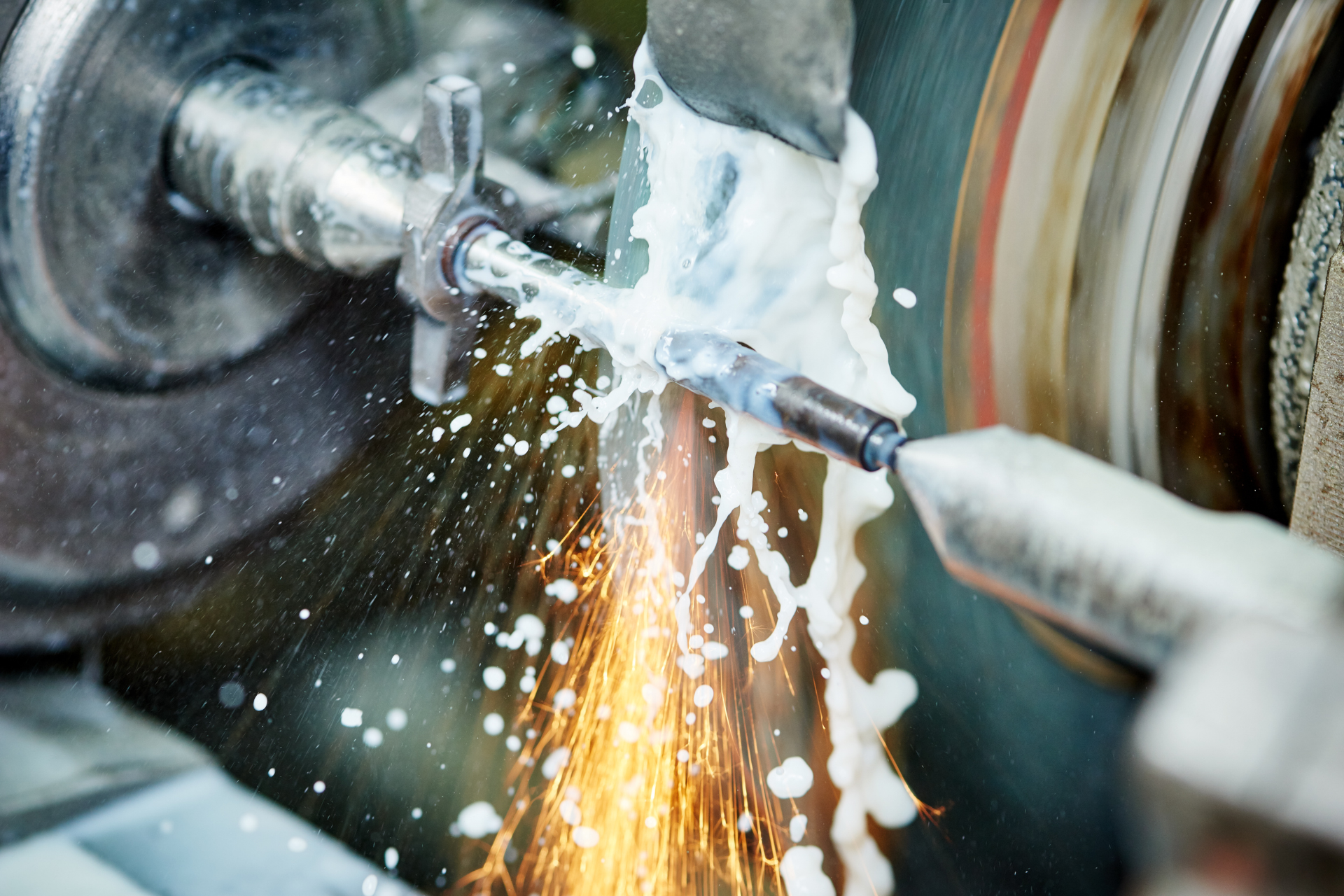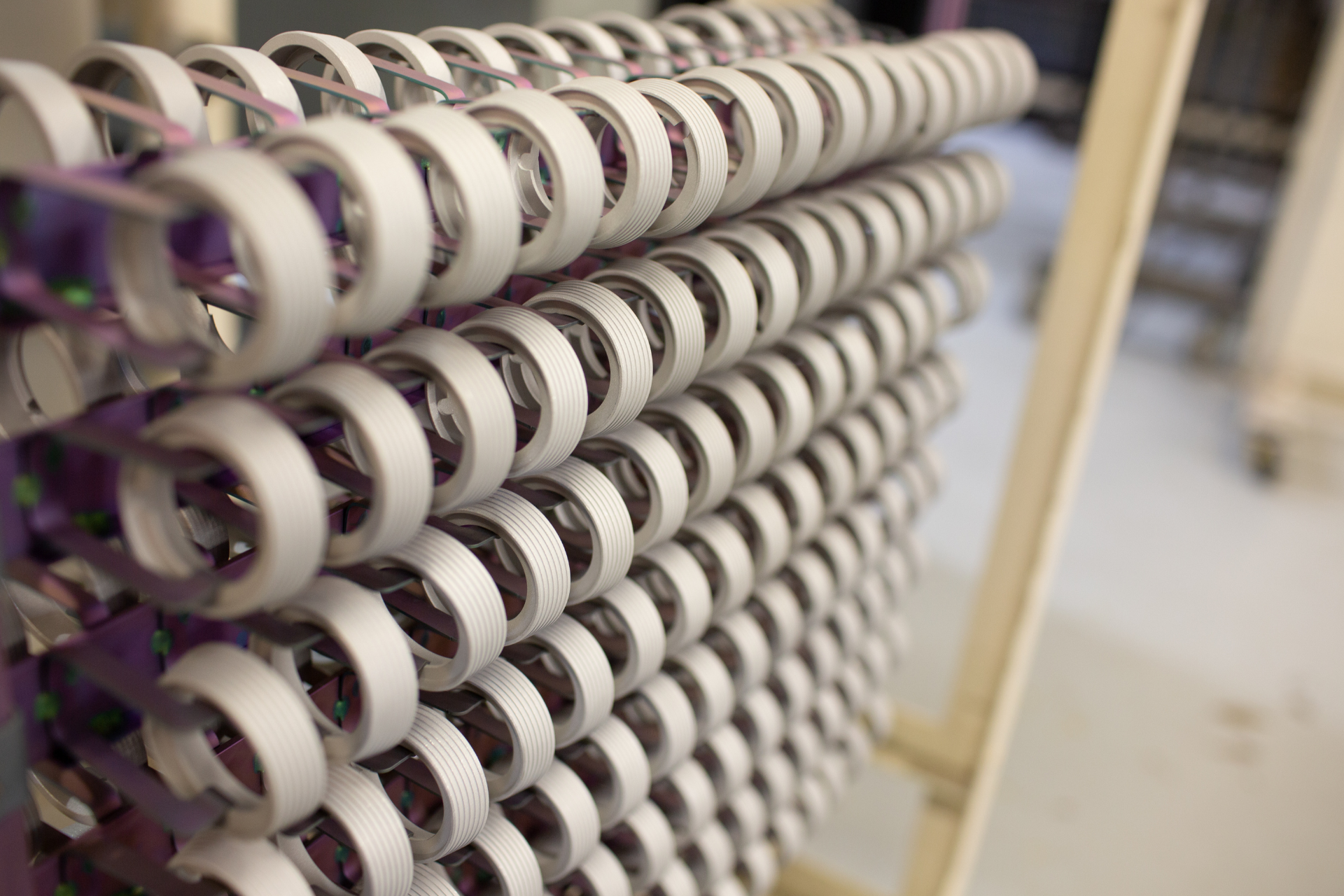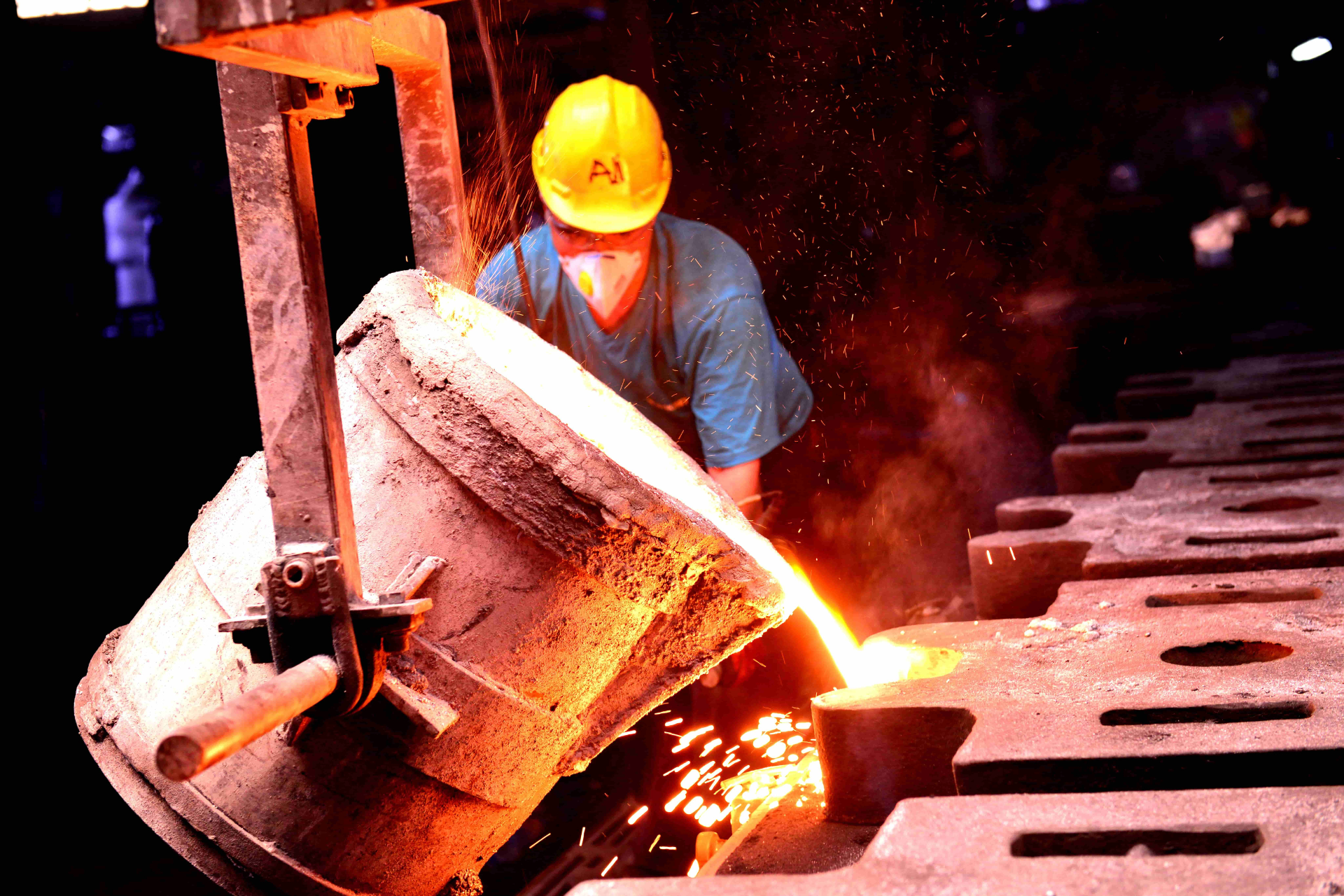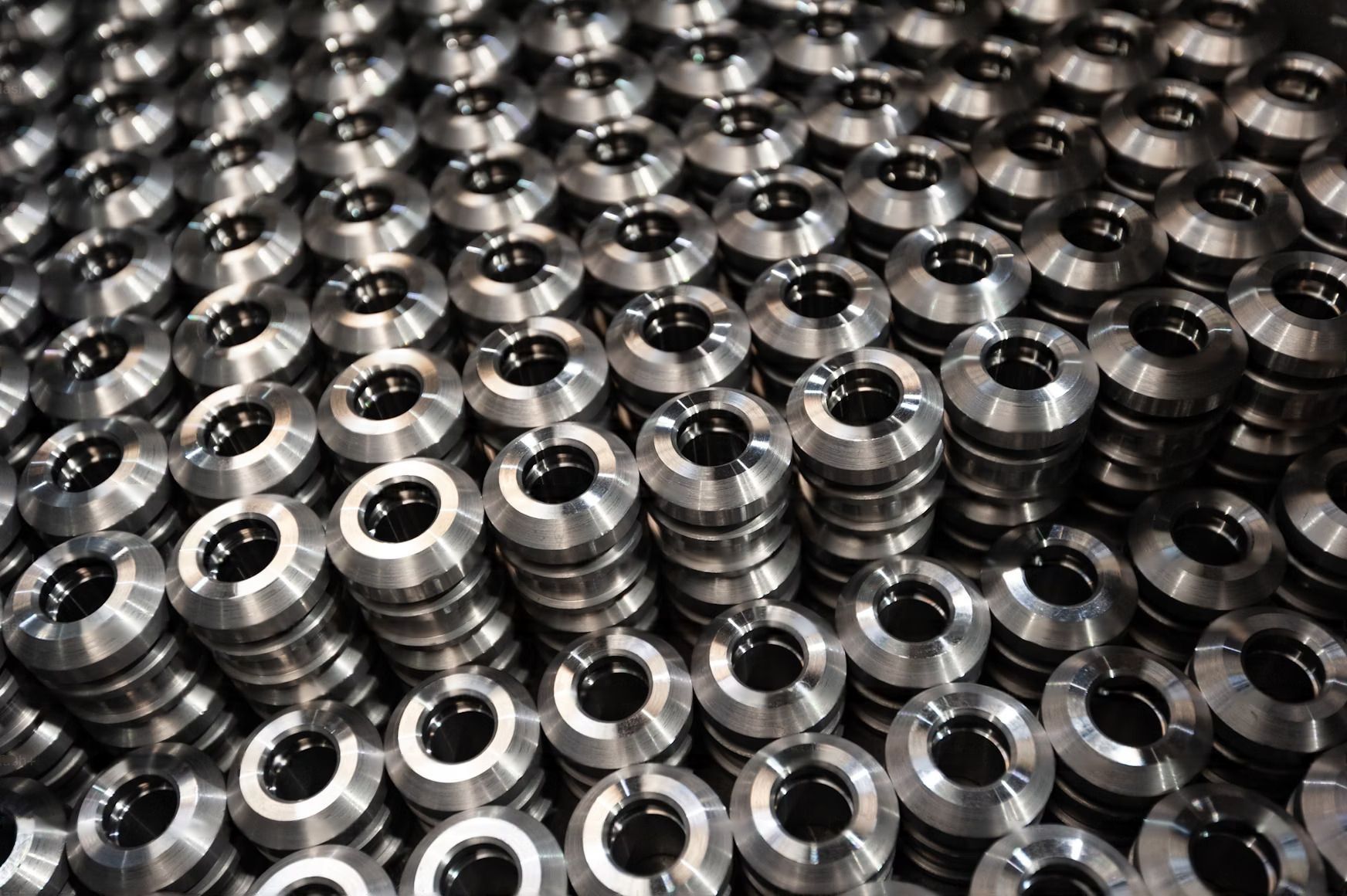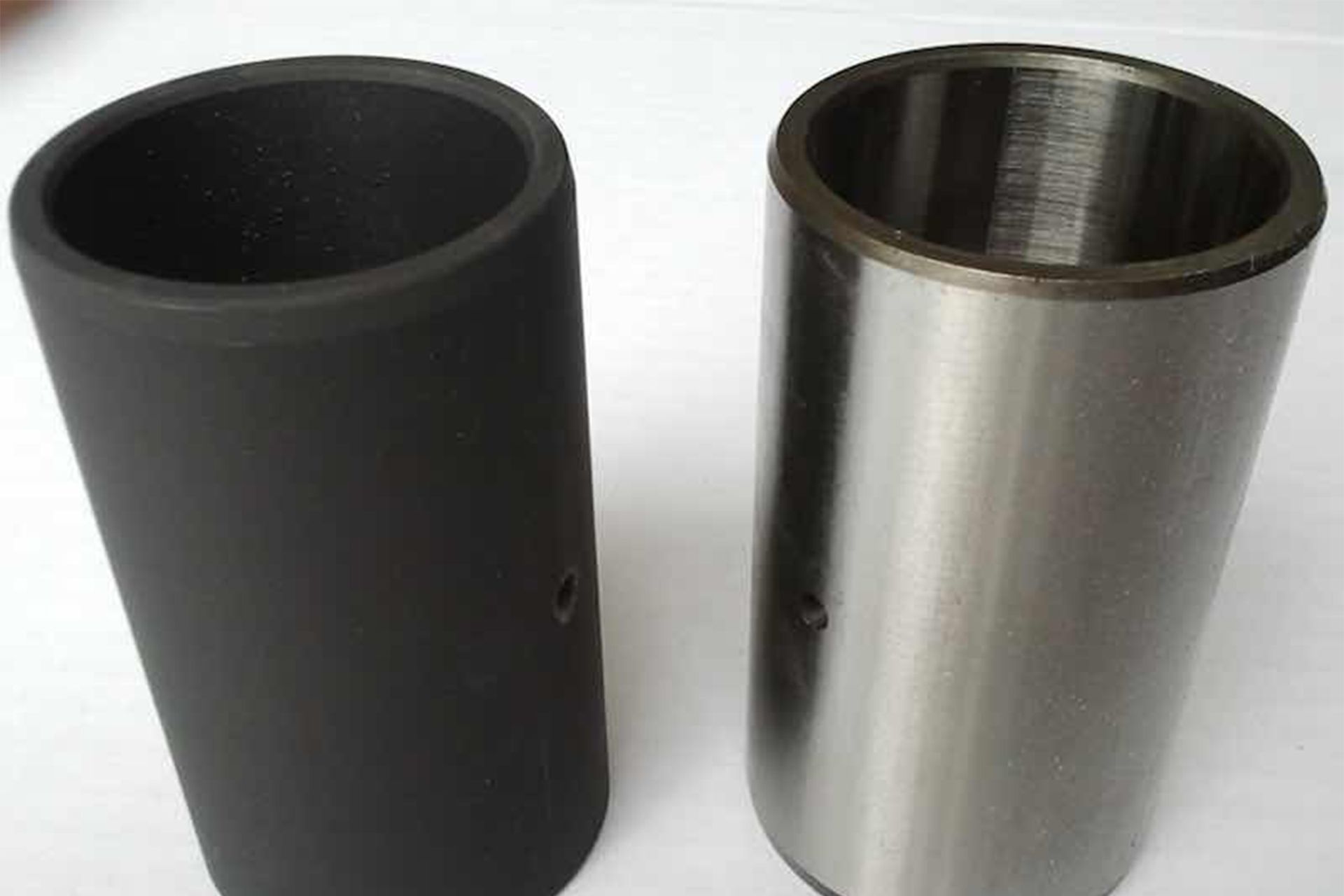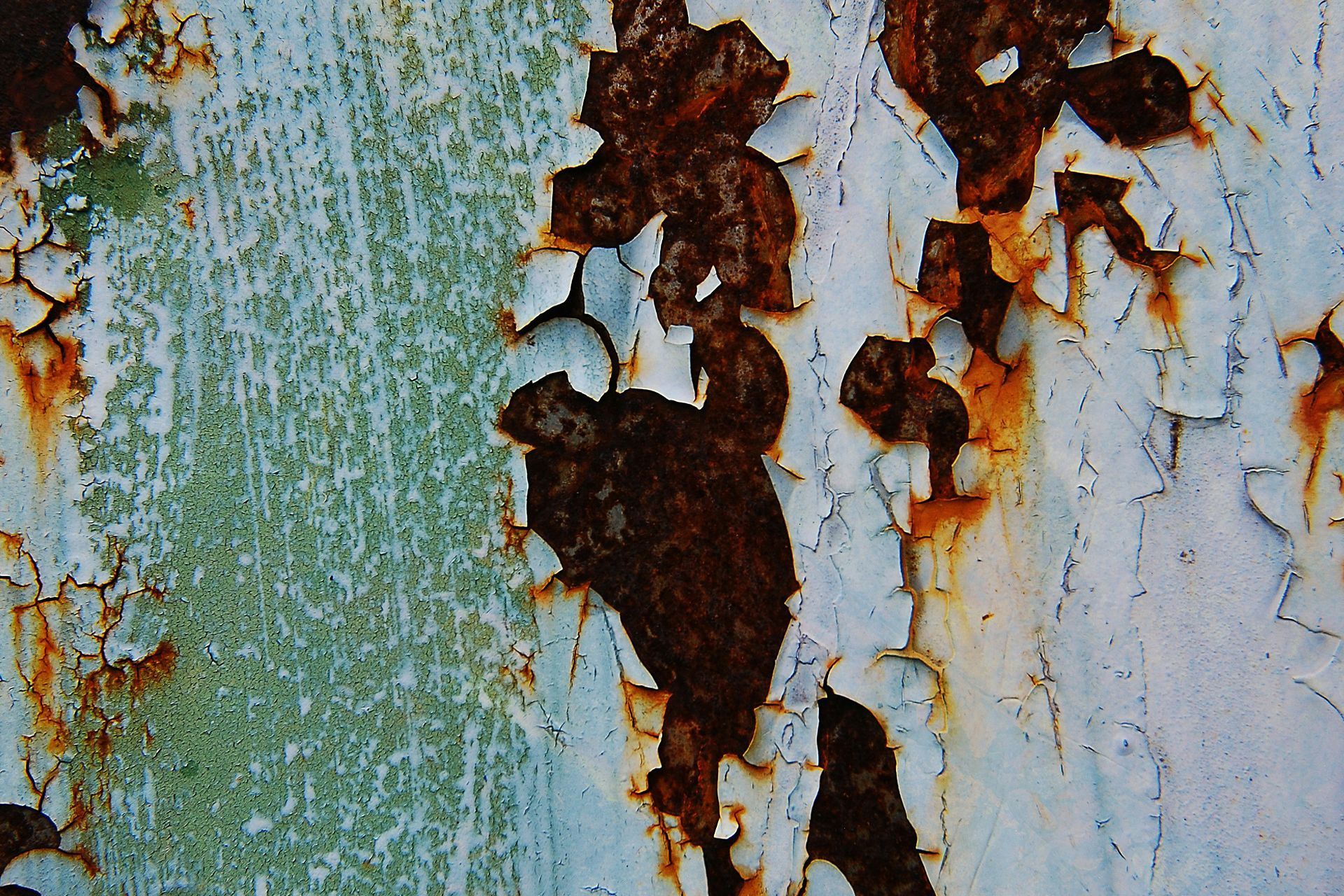How To Prevent Aluminum Corrosion
From cars to airplanes, electronic components to kitchen appliances, aluminum is one of the most common metals used to create a variety of products. In addition to being abundantly available, aluminum is a go-to metal for many other reasons. For instance, it's strong, lightweight, and affordable.
However, despite all the advantages aluminum possesses over other metals, it does come with one notable disadvantage: corrosion. In this post, we'll discuss how aluminum corrodes, why it's a problem, and what you can do to prevent it from happening. Here's a closer look at everything you need to know about preventing aluminum corrosion and protecting the structural integrity of your components.
What is Aluminum Corrosion?
So what causes aluminum corrosion? Especially since aluminum is rust-resistant, right?
First, let's be clear: corrosion and rust are not the same things. Rust is when steel, and alloys that contain steel, oxidize and then peel away, typically a result of moisture and other environmental conditions. Rust is red. That red is the steel or the steel in an alloy (like stainless steel), corroding. Corrosion, conversely, is when aluminum oxidizes and gradually decays over time.
Aluminum tends to like oxygen, and when it oxidizes, a white surface will begin to form over the metal. This layer is called aluminum oxide, and while it offers some natural corrosion resistance, it can break down under certain conditions. While this surface can be scratched off, it will likely form all over again unless the metal is modified or the material is taken out of the environmental conditions that are causing it.
Aluminum can begin to corrode if either chlorides or sulfides are present, which will attack the oxide layer. Aluminum may also corrode via galvanic corrosion. This occurs when dissimilar metals come into contact with each other while in the presence of an electrolyte, accelerating the corrosion process.
Why is Aluminum Corrosion Bad?
As noted above, corrosion is the gradual decay and degradation of a material over time. As a material corrodes, it will lose its physical and chemical properties. It's common for holes to develop in pieces of the material, which aren't just unsightly but also unsafe. Hence, the favorable strength-to-weight ratio and durability of a material like aluminum will essentially become undone as the material corrodes.
In critical applications, such as aerospace, automotive, and infrastructure, this can compromise structural integrity and safety, particularly when aluminum is used in harsh environments.
5 Effective Ways to Protect Aluminum From Corrosion
So how can you prevent materials such as aluminum from corrosion? There are a few notable ways to achieve this.
Anodizing
Anodizing is an electrochemical process that thickens aluminum’s naturally occurring oxide layer, increasing its resistance to corrosion and wear. This protective layer is durable, non-conductive, and can be dyed for aesthetic purposes. Anodized aluminum performs especially well in outdoor and marine environments, where exposure to moisture and pollutants is common.
Add a Protective Finish
An easier means of preventing aluminum corrosion is to add a protective finish to the material. This additional protective layer can provide the perfect barrier between the aluminum piece and all of the potential environmental hazards that it may come into contact with.
Think of how a raincoat repels water and won't let any moisture penetrate its surface to reach your clothing or skin. That's the same effect that a protective coating can have on aluminum metal surfaces.
An alternative to performing metal finishing on aluminum is painting the surface. However, this may not offer as reliable a solution as adding a protective finish as a base coating for paint adherence.
Keeping it Clean and Dry
For starters, you can reduce the environmental factors that contribute to aluminum corrosion, but that’s not always easy. Controlling the climate in areas where aluminum is present can be expensive or impractical. Aluminum is often used in settings where it’s exposed to moisture, rain, humidity, and other corrosion-causing elements. That’s why regular cleaning and drying are essential. Removing salt, dirt, and pollutants helps prevent buildup that accelerates corrosion. Even without full climate control, minimizing prolonged exposure to moisture and maintaining a consistent cleaning routine can go a long way in preserving aluminum surfaces and extending their lifespan.
Using Corrosion Inhibitors
Corrosion inhibitors are chemical compounds that slow down or prevent corrosion on aluminum surfaces. These can be applied directly or incorporated into coatings. They work by forming a protective film that blocks moisture and oxygen from reacting with the aluminum. Inhibitors are particularly useful in aerospace, automotive, and industrial applications.
Cathodic Protection
Cathodic protection involves attaching a more reactive metal, like zinc or magnesium, to aluminum. This sacrificial metal corrodes instead, effectively preserving the aluminum underneath. Commonly used in marine and underground applications, this method is a proven way to protect aluminum structures exposed to highly corrosive environments and prevent galvanic corrosion from occurring between dissimilar metal surfaces.
Prevent Aluminum Corrosion with an Anodizing Specialist
At Light Metals Coloring in Southington, CT, we offer protective solutions for your applications and parts. Whether it be to prevent aluminum corrosion or mitigate the effects of galvanic corrosion, you can count on us to provide the best quality and performance for your products.
If you still have any questions about preventing aluminum corrosion, contact a reputable metal finishing specialist for more information about anodizing and what process would work best for your application. Even if it takes a while for corrosion to set in, it's a better strategy to prevent it from happening in the first place.
